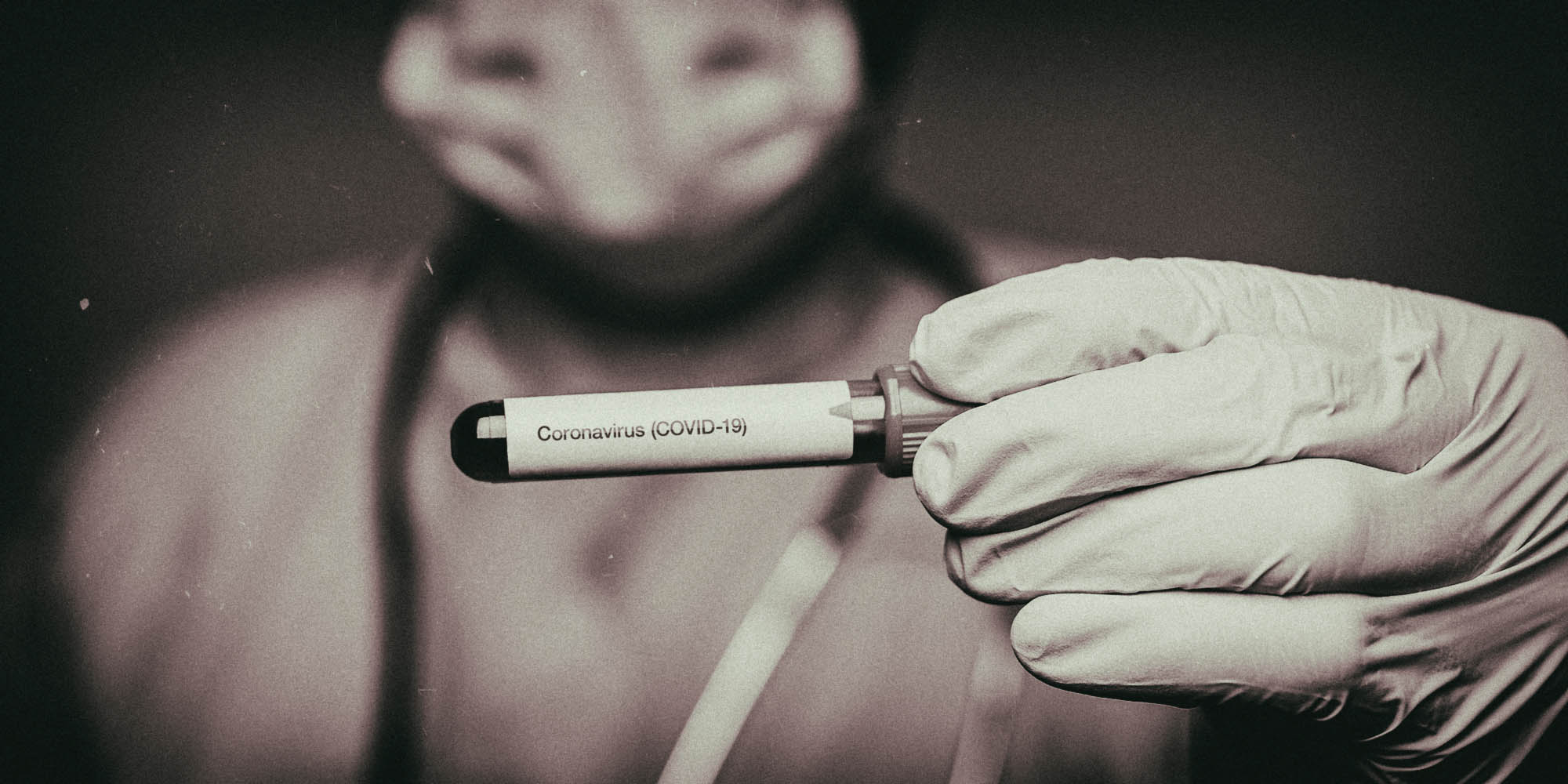The Western Cape launched an action plan on Thursday that focuses on diabetic people who have tested positive for Covid-19. The action plan has different strategies for those who are low risk, moderate risk or high risk.
“Those with diabetes and are over 50 years are at an increased risk of mortality,” said Western Cape health department head Keith Cloete at a virtual launch. “This is a proactive strategy that we’re proposing,” said Cloete.
In 2019, the International Diabetes Federation (IDF) reported that South Africa has 4.5 million people living with diabetes.
Cloete said that of the 5,136 Covid-19 patients in the province who had diabetes, 45% of them ended up in private or public hospitals and 45% of all Covid-19 patients with diabetes had died. Therefore, an action plan was launched to target people with diabetes.
According to Cloete’s presentation, there are 226 low-risk diabetic patients who’ve tested positive for Covid-19. This group will receive daily phone calls to monitor their symptoms and blood glucose readings, if available. Those in the group will be considered for hospital admission if their health deteriorates or if they’re struggling with glycemic control. Similar steps will be taken for those who are considered to be at moderate risk.
Cloete said the high-risk group has had a 60% mortality rate in hospitals. Therefore, “these patients should be encouraged to be admitted, regardless of their symptoms”, said Cloete.
Emergency medical services will help with transferring high-risk individuals to hospital within 48 hours.
They should be admitted for short-term glycemic control, oxygen (where required) and supportive management, reads Cloete’s presentation.
If these patients deteriorate, they’ll be transferred to a tertiary unit for specialised care, said Cloete.
The latest forecast from the National Covid-19 Epi Model (NCEM) which is used by the national government, forecast that the province would need 4,500 acute beds and 950 critical care beds.
The province has 5,515 acute care beds from private and public hospitals as well as their field hospitals, said Cloete. “We have about 1,000 beds in surplus for what we need,” said Cloete.
For critical care beds, the province has 400 beds — 100 in the public sector and 300 in the private sector.
“Here we have a 550 (bed) deficit,” said Cloete.
Public medicine specialist from UCT Andrew Boulle, who spoke on the Covid-19 modelling and the hospitalisation numbers, said that there was added pressure on hospitals because of Covid-19.
“The mortality has gone up and that’s to be expected as sicker people are often treated in hospital,” said Boulle.
The overall inpatient hospital mortality is 25% — 18% from the general wards and 51% from ICU wards. The data Boulle presented wasn’t complete as hospitals have patients under investigation (PUI), where medical staff are trying to ascertain whether the patient has Covid-19.
However, there has been a decline in ICU admissions from 20% in May to 11%.
“This has come down as ICUs have been used in a more targeted way,” said Boulle.
The private sector accounts for 25% of admissions for patients with Covid-19, said Boulle.
To date, the province has recorded 1,896 Covid-19 deaths. About 28 of those were healthcare workers, said Cloete.
NCEM and the Actuarial Society Covid-19 model had projected that by the end of June there would be about 200 Covid-19 related deaths reported daily in the province. But by the end of June the province had reported fewer deaths — almost 50 daily Covid-19-related deaths.
Boulle pointed out that Covid-19 modelling has its limitations because modellers don’t know how many people are susceptible to the virus and how many people are asymptomatic.
Premier of the Western Cape Alan Winde also made the point that the modelling “is not a perfect science”.
“Models are projections, using available data and based on assumptions. They help us explore what might transpire, but the outputs should be treated with caution and full understanding of the inherent assumptions, limitations and uncertainty,” said Winde.
The modelling projected that the peak in the Western Cape is likely to take place from the end of July to the beginning of August.
“This peak is also flatter than was originally projected. This means that we will not have as many hospitalisations and deaths at the peak as we originally thought,” said Winde. DM





 In 2019, the International Diabetes Federation reported that South Africa had 4.5 million people living with diabetes. (Photo: Rawpixel)
In 2019, the International Diabetes Federation reported that South Africa had 4.5 million people living with diabetes. (Photo: Rawpixel)